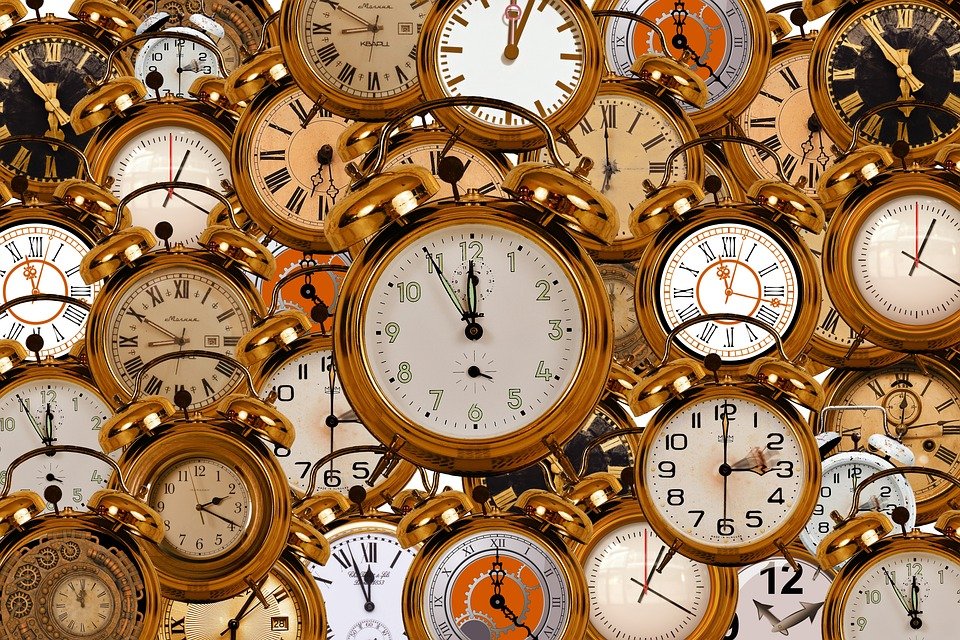Preserving Authenticity: NFTs and their Role in Certifying Collectibles and Memorabilia
Introduction
NFTs (Non-Fungible Tokens) have gained significant attention in recent years, revolutionizing the way we perceive and value digital assets. One of the most promising applications of NFTs is their ability to authenticate and certify collectibles and memorabilia. In this article, we will explore the role of NFTs in preserving authenticity and how they are reshaping the world of collectibles.
The Concept of NFTs
NFTs are unique digital assets that exist on a blockchain network, typically utilizing the Ethereum blockchain. Unlike cryptocurrencies such as Bitcoin or Ethereum, which are fungible and can be exchanged on a one-to-one basis, NFTs are indivisible and cannot be exchanged on a like-for-like basis. Each NFT has a distinct value, making it ideal for representing one-of-a-kind items.
NFTs and Certifying Authenticity
One of the primary challenges in the world of collectibles and memorabilia is verifying their authenticity. Counterfeit items have plagued the market for years, causing collectors and enthusiasts to question the legitimacy of their purchases. NFTs provide a solution to this problem by acting as a digital certificate of authenticity.
By associating an NFT with a physical collectible or memorabilia item, the ownership and provenance of the item can be easily verified. The unique properties of NFTs, such as immutability and traceability, ensure that the digital certificate cannot be tampered with or duplicated, providing collectors with peace of mind.
Benefits of NFTs in Certifying Collectibles and Memorabilia
1. Immutable Ownership Records
NFTs are stored on a blockchain, which serves as a decentralized ledger. This means that once an NFT is created and associated with a collectible, the ownership record is permanently recorded and cannot be altered. This feature eliminates any doubts regarding the authenticity and ownership history of an item.
2. Verifiable Provenance
NFTs allow for the transparent tracking of an item’s provenance. Each time the collectible changes hands, the transaction is recorded on the blockchain, creating an unbroken chain of ownership. This comprehensive history can be easily accessed, providing buyers with a clear understanding of the item’s background and ensuring its authenticity.
3. Increased Trust and Transparency
The use of NFTs in certifying collectibles and memorabilia enhances trust and transparency within the market. With a verified digital certificate of authenticity, buyers can confidently make purchases, knowing that the item they are acquiring is genuine. This increased trust drives the growth of the market and encourages more collectors to participate.
NFTs and the Future of Collectibles
The introduction of NFTs has brought a new level of excitement to the world of collectibles and memorabilia. By combining physical items with digital certificates of authenticity, NFTs offer a unique way to establish ownership and preserve the value of these items. Furthermore, NFTs enable collectors to easily trade and sell their assets in a global marketplace, opening up new opportunities for collectors and increasing liquidity in the market.
As the technology continues to evolve, it is likely that NFTs will play an even more significant role in the future of collectibles. The ability to verify authenticity seamlessly and securely will attract more collectors into the market, making it easier for individuals to build and manage their collections.
FAQs
Q: How do NFTs certify the authenticity of collectibles?
A: NFTs act as digital certificates of authenticity by associating a unique token with a physical collectible or memorabilia item. The properties of NFTs, such as immutability and traceability, ensure that the certificate cannot be tampered with, providing a reliable proof of authenticity.
Q: Can NFTs prevent counterfeiting in the collectibles market?
A: While NFTs cannot completely eliminate counterfeiting, they provide a robust solution to combat it. By creating a transparent and immutable ownership record, NFTs make it significantly more challenging for counterfeit items to enter the market undetected.
Q: Are NFTs only applicable to digital collectibles?
A: While NFTs are often associated with digital assets, they can also be used to certify physical collectibles and memorabilia. By linking an NFT to a physical item, its authenticity and ownership history can be easily verified.
Q: How do NFTs enhance the overall collectibles market?
A: NFTs bring increased trust and transparency to the collectibles market by providing verifiable certificates of authenticity. This increased confidence encourages more collectors to participate, driving the growth of the market and increasing liquidity.
Q: What is the future of NFTs in the collectibles industry?
A: NFTs are expected to play a significant role in the future of collectibles. As the technology continues to advance, NFTs will likely become the standard for certifying and trading collectibles, attracting more collectors and expanding the market further.

